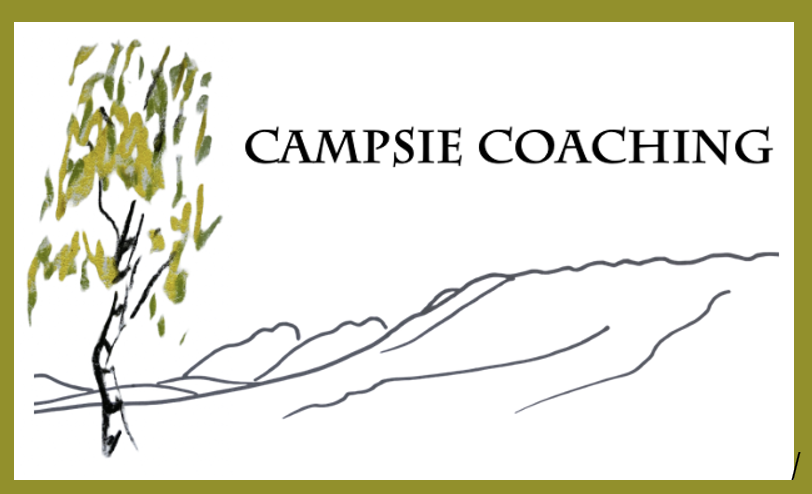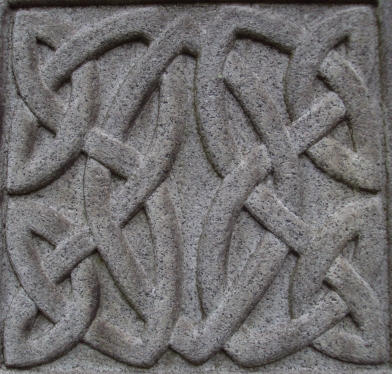At a recent ACE-Aware Nation conference in Glasgow, some of the deep seated reasons for our career choices were made painfully clear by key speaker Gabor Maté, an internationally renowned expert on adverse childhood experiences (ACEs) and trauma. He spoke powerfully of how his own drive to care, and to make a difference in the world, steered his choice of medicine as a young man. He was also brutally honest about a drive that maybe ran even deeper, a need rooted in his childhood experience of being a baby, separated from his mother in the Budapest ghetto in 1944. That early trauma left him with a lifelong sense of feeling deeply unimportant, and craving the experience of feeling special. That craving took him into medicine.
Gabor Maté said the unsayable, and his honesty freed others in the room to think about and share their own similar motivations, recognising how becoming a doctor or a nurse gives your wounded younger self a powerful sense of being important, special, needed. We only have to look at the imagery of nurses and doctors that flooded the internet during the pandemic to see the pedestal on which we can be placed. We are the angels, the saints, the superheroes. Becoming part of such an exalted group is a heady experience for someone who never feels quite enough.
As an eighteen year old school leaver, little more than a child, I arrived on the wards, terrified and shy, but buoyed up by a small scrap of cardboard, carefully folded and bobby-pinned to my head, that potent symbol of calm competence, a nurse’s hat. As myself, the thought of talking to – let alone feeding, bathing, dressing, lifting – complete strangers was unthinkable, but under that hat I was no longer me, I was Nurse Smith. I smiled and chatted, washed and fed, lifted and learned. I played the role of the emotionally mature, strong, knowledgeable, unflappable Nurse Smith, until she merged with shy and scared little me. It felt wonderful. I felt invincible. After all, I was a nurse and nurses can cope with anything, can’t they?
During my first week as a student at the Royal Infirmary of Edinburgh, I was given the responsibility of taking round the tea trolley. ‘Would you like a cup of tea?’ I asked an elderly man, sitting reading a newspaper. His response was to slide sideways into cardiac arrest and die. The ward around me shifted smoothly into fifth gear. Curtains were swished closed, staff rushed without hurrying, I was instructed to keep serving tea as if nothing had happened, and I did as I was told. My knees and hands shook, but my nurse’s smile stayed glued firmly in place under that hat. When it became clear that the victim of my tea was beyond our help, when we had cleaned and tided everything that needed to be cleaned and tidied, we swished all the other patients’ bed curtains closed to ‘protect’ them as his body was wheeled to the morgue. We washed and changed his bed, ready for the next patient and the ward subsided into its normal routine as if nothing had happened.
At no point did anyone turn to young Nurse Smith and ask how she was. I went home in a daze, where I sobbed and shook until I was exhausted. I learned an important and toxic lesson that day. To wear that hat meant that I had to learn to be invincible, untouchable by the trauma around me. As a nurse I existed only to resolve other people’s problems, and, as a professional, that was my identity and not just a hat to wear during a shift. For a nurse, trauma is normal, but not to be admitted. It was a lesson that I was taught repeatedly, until as a new mother, the burden of being a superhero at home as well as at work overwhelmed me. I experienced my first health crash, and crashed out of nursing.
The attachment that my own wounded child had formed to nursing, and the sense of specialness and power it gave me, was too strong to let me go, even when the adult me knew how damaging it would be to continue. Instead of leaving nursing, I chose to apply for PhD funding, to study how other people experience and feel about leaving nursing. I quickly found that ex-nurses are as rare as hens’ teeth, and instead found myself interviewing nurses who wanted to leave but couldn’t. I spoke to nurses who claimed to have left, but later admitted to doing ‘a few bank shifts’ to keep their registration going, ‘just in case’. Then there were the nurses who had left practice under the acceptable label of becoming mothers. They needed to focus on caring for their children, and assured me that as mothers they still used their nursing skills. After all, they reminded me, one after another, ‘Once a nurse, always a nurse, right?’
These nurses wept with me as they shared their shame and guilt at failing to be there for their patients and colleagues, for failing to be strong enough, committed enough, good enough. Their words echoed in media headlines attributing NHS staff shortages to a ‘loss of vocation’, bemoaning the new generation’s ‘lack of commitment’.
My academic career foundered when I accepted the advice from a senior nursing academic that there would be no more funding available. After all, she said, ‘nursing research should be about patients, not nurses.’ Why would you need to research the welfare of people who are superhuman?
My own drive to feel needed, special, invincible, continued in the years that followed, as I strove to ‘fill the unforgiving minute’ with Kipling’s ‘sixty seconds' worth of distance run.’ Eventually, it drove me into the complete collapse of fibromyalgia and chronic fatigue, when, as Gabor Maté describes it, my body said NO. I am one of the lucky ones and found the help I needed to recognise and address the deep, addictive roots of my need to be a superhero. This is a work in progress and a task that I will never fully tick off on my endless To Do list. Now, as a specialist in recovery from chronic exhaustive conditions, I meet so many other nurses, so many other wounded children, who despair that their bodies have let them down and who are desperate to get back to work, back to strength and invulnerability.
So, is the answer to give up caring, to become careless, heartless, selfish? Should we all leave nursing and abandon our patients to their fate? No. The problem is not that we care, it is that we do not care enough – for ourselves. That vulnerable child inside us, hides in fear behind the powerful persona of the super-nurse, and we prefer to keep it so. She is still there though and her cries emerge in the choices we make to continue feeling special and powerful. But – our sense of control is an illusion when our choices are driven by this hidden, neglected, terrified child.
Real strength and wholeness lies in recognising and holding that wounded child and vowing to protect her first and always. When we do this we learn both our limits as human beings, and our real power, to set boundaries, to say no to others when we need to, and to say yes to ourselves. This is genuine strength, a strength that enables us to continue in our service to others whilst respecting and nurturing the common humanity that we share.
Does this experience of being drawn into the powerful myth of the superhero resonate with you?
What have been the benefits and costs to you?
Do you struggle to ask for help or admit that you are struggling?
Come and talk to someone who has been there, done that and can hold a safe space for you as you explore where your own human strengths and vulnerabilities really lie. Book your free 30 minute discovery call today



